California may be the state most impacted by the Biden administration’s Department of Justice reinstating the Supplemental Environmental Projects program. The SEP had been traditionally used as a settlement tool by the DOJ and Environmental Protection Agency until it was phased out by the DOJ under the Trump administration. Most federal action taken against parties involving environmental laws gets resolved through settlements. EPA SEP policies haven’t been updated since 2015, but the program was quelled internally during the previous administration.
More on supplemental environmental projects
As of May 2022, the DOJ has returned to SEPs, establishing an official policy addressing some of the concerns raised by the previous administration. The EPA and DOJ define SEPs as voluntary projects included in an enforcement settlement that have a tangible health benefit on the affected communities. These are projects that wouldn’t be legally required and go well beyond compliance regulations. Under EPA policy, participation in SPEs may lead to a reduction in civil penalties.
SEPs in California
The new regional administrator of Region 9, a former public utility commissioner, is embracing the return of SEPs as an effective tool for upholding environmental justice initiatives and environmental law in California and neighboring territories. Region 9 spans 8 time zones, including California, Nevada, Arizona, Hawaii, 148 tribal nations and the Pacific Islands territories. In September 2021, Region 9 and the California EPA reached an agreement outlining the division of labor for environmental justice inspections, enforcement and community engagement.
States are entitled to pursue their own SEP with a defendant, independent of federal jurisdiction. Recent SEPs in California include a $160,000 air filtration installation for a Los Angeles school over air pollution violations in 2019 and receiving $66,000 in 2020 for replanting eelgrass, replenishing native oyster shells in Newport Bay and 5 beach clean up events at Huntington Beach over discharging industrial storm water without authorization.

